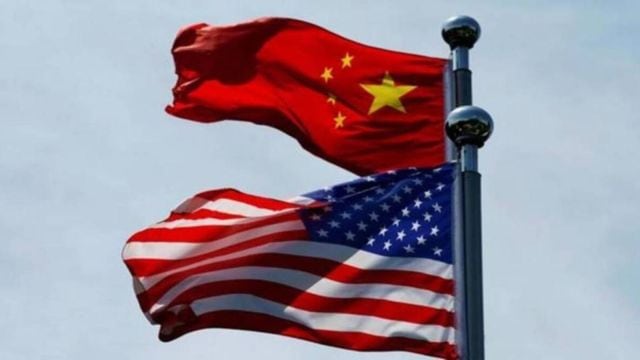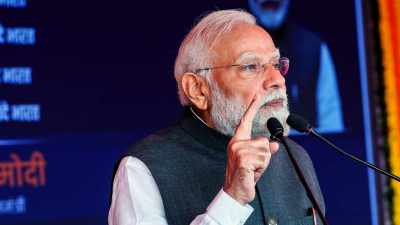Stay updated with the latest - Click here to follow us on Instagram
US and China commanders to discuss conflict prevention in coming weeks
The talks come after US National Security Adviser Jake Sullivan visited Beijing last month and met with Chinese military advisers.
 The US Ambassador to China also voiced concern over China’s military buildup and aggressive actions toward US allies. (File photo)
The US Ambassador to China also voiced concern over China’s military buildup and aggressive actions toward US allies. (File photo)The commander of US forces in the Indo-Pacific is set to engage with a southern theater commander of China’s armed forces in the next few weeks, aiming to prevent military misunderstandings between the two superpowers. US Ambassador to China, Nicholas Burns, announced the upcoming talks on Thursday, marking a significant step toward easing tensions.
The talks come after US National Security Adviser Jake Sullivan visited Beijing last month and met with Chinese military advisers. During this visit, it was agreed that the commanders of US Indo-Pacific forces and China’s southern theater command, which oversees the South China Sea, would soon hold discussions.
“I think Admiral Sam Paparo…is going to have a conversation with a southern theater commander of the People’s Liberation Army in the next few weeks,” Burns said in an interview with Foreign Policy magazine.
Burns highlighted the importance of such communication to prevent conflicts, particularly in light of past issues, such as the US shooting down a suspected Chinese surveillance balloon last year. At that time, China refused to engage with US military leaders, but the upcoming discussions represent a positive shift. Burns also expressed hopes for future talks between higher-ranking officials like US Defense Secretary Lloyd Austin and China’s defense leaders.
“We need that connectivity to ensure that if an accident or misunderstanding occurs, our military leaders can quickly communicate to de-escalate the situation,” Burns said, emphasizing the need to resolve any incidents that might arise in international waters or airspace.
Burns also voiced concern over China’s military buildup and aggressive actions toward US allies, particularly the Philippines and Japan. He stressed the need for communication to avoid unintended conflicts, given the close proximity in which US and Chinese forces operate in the region.
In addition to military matters, Burns noted some progress in US-China cooperation on combating the fentanyl crisis, a leading cause of US drug overdoses, but said more action was needed on precursor chemicals, arrests, and financial crackdowns related to illicit drugs.
(With inputs from Reuters)





- 01
- 02
- 03
- 04
- 05


























